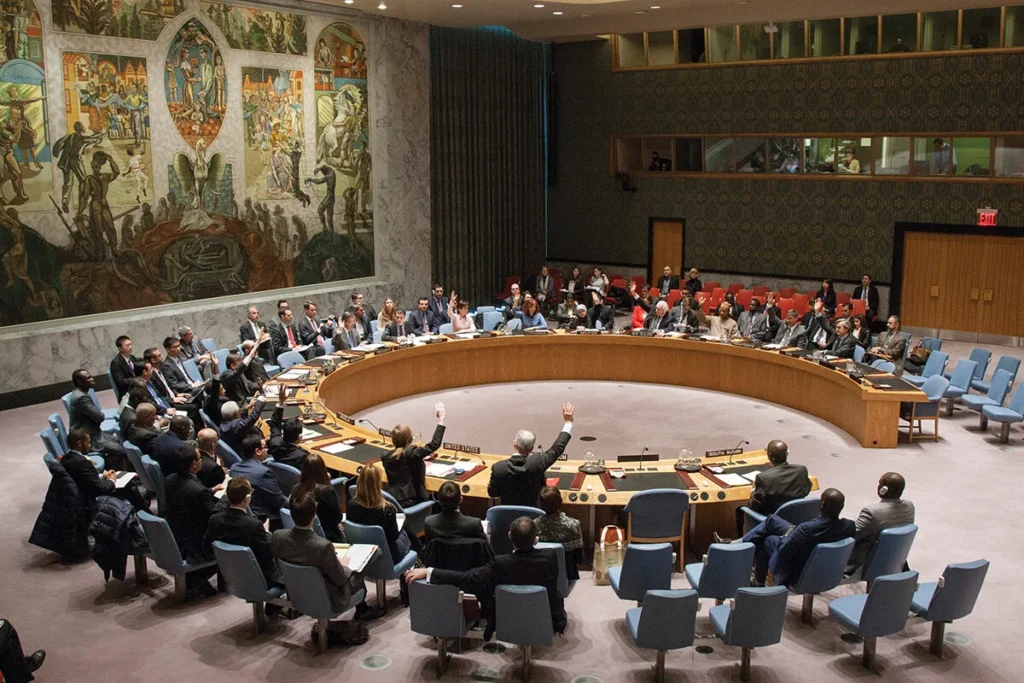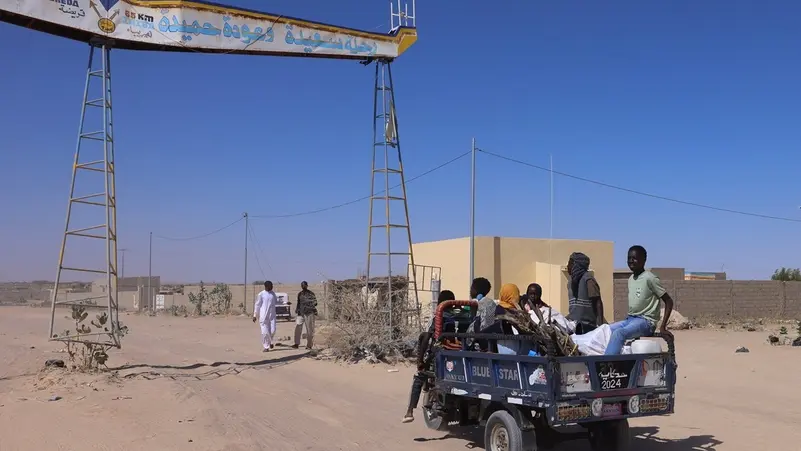
In response to soaring consumer prices and dwindling basic commodities, South Sudan has announced immediate measures to stabilize the exchange market. James Alic Garang, Governor of the Central Bank of South Sudan, disclosed that the bank, in collaboration with the Ministry of Finance and other relevant institutions, is vigilantly monitoring foreign exchange market developments.
The Central Bank has proactively mobilized foreign exchange resources to intervene in the market, including clearing outstanding auction claims and ensuring the timely payment of one-month salaries for various sectors.
Monetary policy adjustments aim to bolster the local currency’s purchasing power through weekly foreign exchange actions at revised rates.
Transparency initiatives, coupled with regulatory oversight enhancements, are also being pursued to foster liquidity and maintain market integrity.
The Central Bank pledges to collaborate closely with government economic agents to cultivate a resilient and competitive foreign exchange market conducive to sustainable economic growth.
Encouraging the adoption of electronic payment systems to reduce cash circulation outside the banking system, the Central Bank’s proactive stance has garnered both praise and skepticism. While some view it as a necessary shift towards transparency and official market stabilization, others interpret it as a reflection of currency shortages.
Critics argue that unless fundamental economic reforms addressing corruption and economic mismanagement are enacted, the efficacy of the Central Bank’s measures remains uncertain.
The unification of exchange rates under the official market bulletin aims to streamline monetary procedures, yet challenges persist in restoring trust and confidence in the economy.
In essence, the success of South Sudan’s exchange market stabilization efforts hinges on genuine political will and concerted action to address systemic issues, paving the way for sustainable economic recovery.




